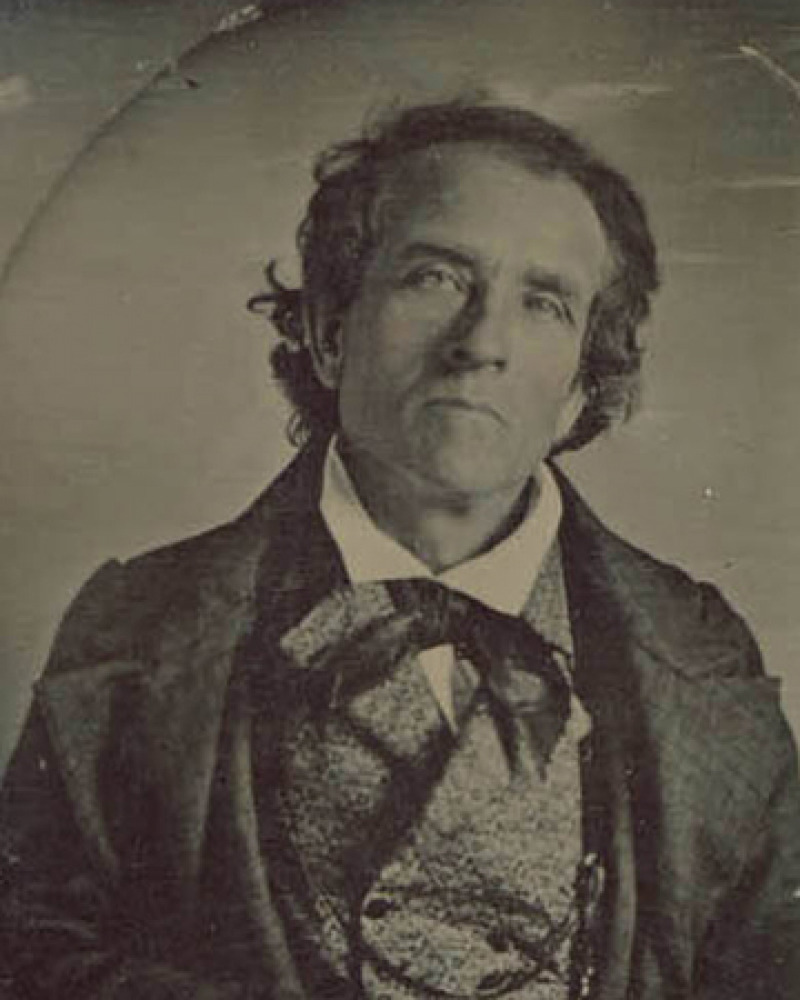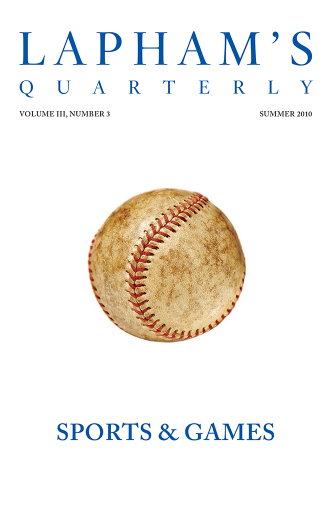
Theodore Dwight Weld
A report,
1832
A report,
Who can educate their sons at college? Not more than one family in twenty. Thus nineteen-twentieths of our population is shut out from the advantages of education in the higher branches; and as knowledge is power, the sons of the rich, by enjoying advantages for the acquisition of this power vastly superior to others, may secure for themselves a monopoly on those honors and emoluments which are conferred upon the well educated. In this way society is divided into castes. The laboring classes become hewers of wood and drawers of water for the educated. The two parties stand wide asunder, no bond of companionship uniting them, no mutual sympathies incorporating them into one mass, no equality of privileges striking a common level for both. The chasm between them, even in this republican government, already yawns deep and broad; and if it be not speedily bridged, by bringing education within the reach of the poor, it will widen into an impassable gulf, and our free institutions, our national character, our bright visions of the future, our glory, and our joy, will go down into it.

